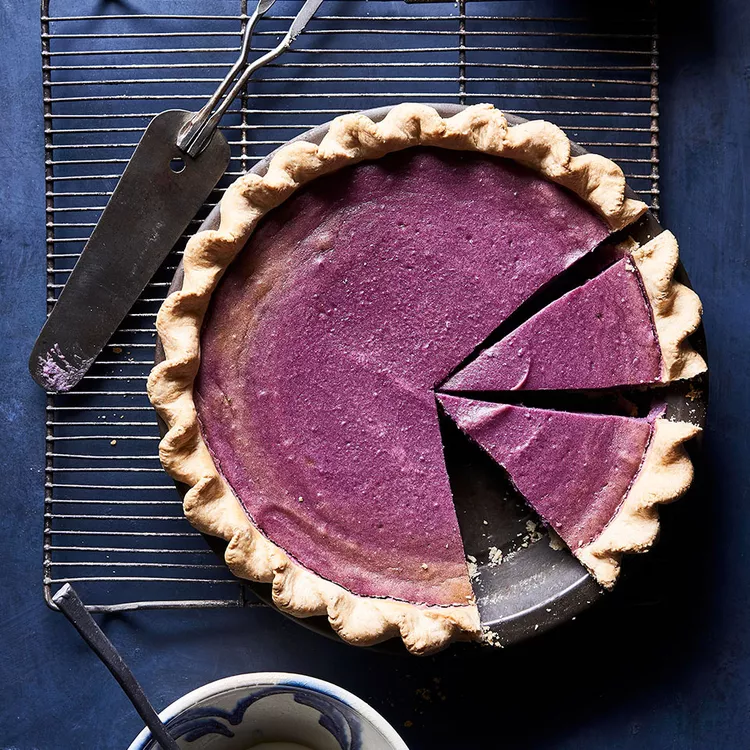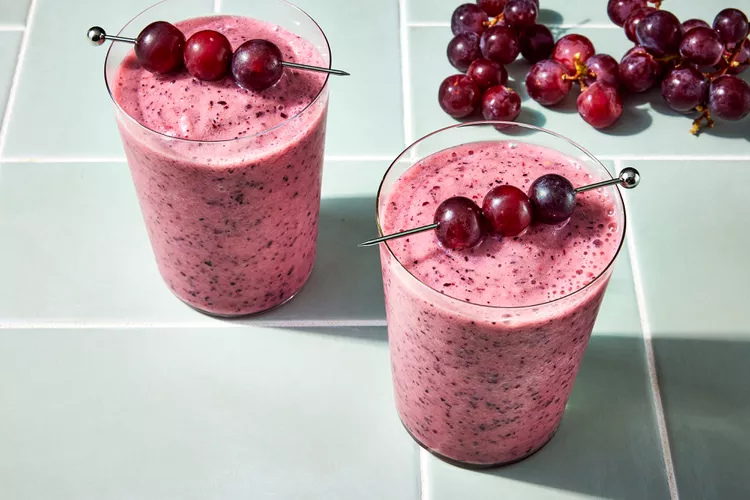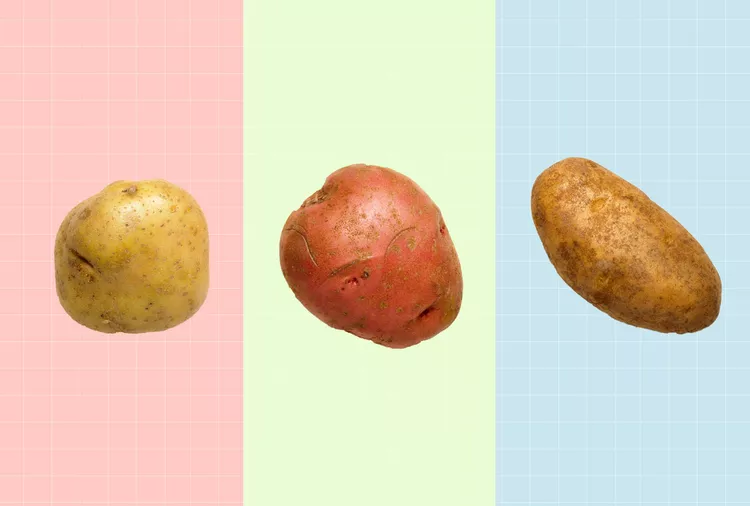Contents
What is buckwheat honey?
Buckwheat honey is a nutrient-dense honey produced by bees that gather nectar from the small, dark flowers of the buckwheat plant. Unlike typical flowers, buckwheat has tiny blossoms, requiring bees to put in extra effort to collect sufficient nectar for honey production.
While buckwheat is commonly used as an alternative to wheat flour, it’s important to note that buckwheat is not a type of grass but rather a fruit resembling rhubarb. Buckwheat-honey is distinctively less sweet than traditional honey, with a stronger flavor profile and higher levels of antioxidants. This makes it potentially healthier than sweeter honey varieties, offering unique health benefits.
Rich in vitamins and antioxidants, buckwheat-honey is regarded as a health-boosting food source. It’s known for its deep, dark color—ranging from dark purple to black—due to the dark hue of the buckwheat flowers. The resulting honey typically has an amber color with a reddish tint, reflecting the richness and natural properties of the buckwheat plant.
What are the benefits of buckwheat honey?

Buckwheat honey offers a range of health benefits, making it a powerful addition to your wellness routine. Notably, it helps promote healing within the body, supports immune function, and boosts antioxidants, which can help protect cells from oxidative stress. One of its most popular uses is for soothing sore throats and easing coughs, providing natural relief.
In addition to its throat-soothing properties, buckwheat-honey is often included in skin care routines due to its moisturizing and healing qualities. Recent studies have also shown that this type of honey may be beneficial for diabetes management, as it helps maintain healthy blood sugar levels.
With its combination of healing properties, immune support, and skin benefits, buckwheat-honey is a versatile and natural way to enhance both your health and beauty regimen.
What the research says
- Boosting antioxidants: Research has shown that consuming buckwheat-honey in a mixture of black tea can significantly increase the body’s antioxidant levels. Another study ranked buckwheat-honey among the highest in antioxidant content compared to other honeys on the market.
- Wound care: Honey has been widely used for treating wounds. It helps draw moisture out of wounds, aids in eliminating bacteria, and prevents the growth of harmful microbes. Due to its high sugar content and low pH, buckwheat-honey can act as a natural barrier against infection, promoting faster healing.
- Skin care: While more research is needed, honey is generally known to help maintain healthy, smooth, and supple skin. You can either find honey-based skin care products or make your own moisturizer by mixing coconut oil and honey until it forms a whipped cream-like consistency, offering natural hydration and protection for your skin.
- Preventing DNA mutations: Studies suggest that certain types of honey, including buckwheat-honey, may have the ability to reverse DNA mutations that contribute to sickness and even cancer, potentially helping in disease prevention.
- Lowering cholesterol: Buckwheat-honey has been found to help reduce cholesterol levels in the blood, supporting heart health and potentially lowering high blood pressure. This makes it a beneficial addition to a heart-healthy diet.
- Soothing cough: Research also shows that buckwheat-honey can be an effective remedy for nighttime coughs caused by respiratory infections, such as colds, especially in children. One study found it to be more effective than common over-the-counter cough medicines.
With its wide range of benefits, buckwheat-honey proves to be a powerful, natural remedy that promotes overall health and wellness.
How to use buckwheat honey
- For wound care: You can apply raw buckwheat-honey directly to the wound and cover it with a clean bandage. The honey helps to draw moisture out and prevent infection, promoting healing.
- As a general health supplement: Take buckwheat-honey raw by the tablespoon, or mix it into your favorite foods and beverages. Its rich, slightly earthy taste makes it a wonderful natural sweetener for meals, snacks, and desserts. Try adding it to oatmeal, smoothies, pancakes, waffles, or even baked goods. The possibilities for incorporating this healthy ingredient are endless.
- For sore throats and colds: Buckwheat-honey is an excellent remedy for soothing sore throats. You can take it by itself or mix it into a warm cup of herbal tea. To help treat a child with a cold, the American Academy of Family Physicians recommends the following dosages:
- Children ages 2 to 5: 2.5 mL
- Children ages 6 to 11: 5 mL
- Children ages 12 to 18: 10 mL
- Important note: Like all honey, buckwheat-honey should never be given to infants under the age of 1. Honey contains certain bacteria that can be harmful to babies, leading to a potential risk of infant botulism.
By incorporating buckwheat-honey into your routine, you can enjoy its health benefits for a wide range of conditions, from soothing sore throats to boosting overall wellness.
The bottom line
Buckwheat honey is a versatile and healthy ingredient that can be used for a variety of purposes. Not only does it offer a range of health benefits, but it also serves as a delicious, natural sweetener for foods and beverages. The best way to obtain high-quality buckwheat-honey is by purchasing it directly from local farms, beekeepers, or farmer’s markets. These sources often offer the freshest and most authentic honey. Alternatively, you can also find buckwheat honey on platforms like Amazon, where you can explore different brands and choose the one that fits your needs.








